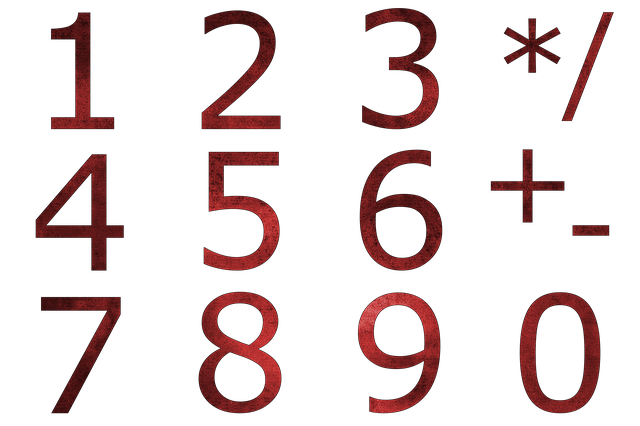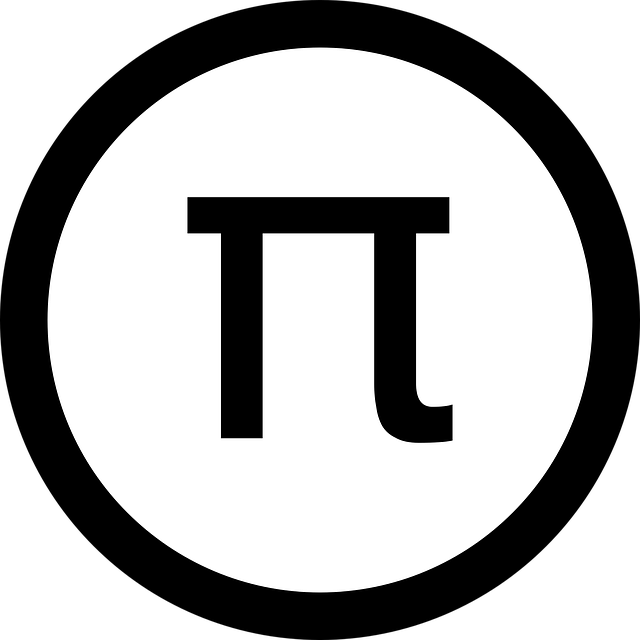The Math of Online Casinos explores the house edge, a key metric defining casinos' advantage over players, calculated as average losses per bet over time. Understanding this concept is crucial for both gamers seeking fair play and operators aiming to design profitable yet appealing games. By applying probability theory and statistical analysis, experts uncover expected returns for players, balancing player engagement with casino profitability. While the house edge can't be eliminated, strategic approaches like informed decision-making, choosing lower-edge games, and responsible gaming habits can mitigate its impact.
“Unraveling the ‘House Edge’ is crucial for anyone navigating the world of online casinos. This concept, often veiled in complexity, holds the key to understanding casino profits and player odds.
This article serves as a guide, breaking down the mathematical foundation behind this ubiquitous term in the math of online casinos. We’ll explore strategies to mitigate the house advantage, empowering players with knowledge to make informed decisions. By the end, you’ll grasp the intricate dance between probability and profit in the digital casino landscape.”
- Understanding House Edge: Basic Concept
- Math Behind Casino Profits and Players' Odds
- Strategies to Mitigate House Advantage
Understanding House Edge: Basic Concept

The house edge, a fundamental concept in online casinos, represents the mathematical advantage that the casino holds over the player. It’s essentially the expected average loss for each bet placed over a large number of plays. In the Math of Online Casinos, understanding and calculating the house edge is crucial for both players and operators. For players, knowing the house edge helps them gauge the fair or unfairness of a game, while for operators, it’s a key metric in designing games that are profitable yet appealing to punters.
This concept is calculated by dividing the average loss per bet by the total amount wagered over time. The result is expressed as a percentage, indicating the casino’s theoretical advantage. A lower house edge means better odds for players, while higher edges signify the potential for greater revenue for the casino. In the dynamic environment of online gambling, where various games and strategies are constantly explored, appreciating the Math of Online Casinos and its impact on the house edge is indispensable.
Math Behind Casino Profits and Players' Odds

The math behind casino profits and players’ odds is a fascinating aspect of the gaming industry, especially in the realm of online casinos. The house edge, often referred to as the casino’s advantage, is calculated using complex mathematical formulas. This concept is crucial for understanding how casinos make money while providing entertainment to their patrons. By studying the probability theory and statistical distributions, experts can determine the expected return for players at various games.
In simple terms, the house edge represents the average percentage of each bet that a casino keeps as profit over a long period. For example, if a slot machine has a 5% house edge, it means that on average, the casino will retain an additional 5% of every bet placed. This advantage is built into the games through clever design, ensuring that players have slightly lower odds of winning than the casino expects. The Math of Online Casinos involves balancing these probabilities to create a sustainable and profitable business model while keeping players engaged and satisfied.
Strategies to Mitigate House Advantage

Many online casino enthusiasts wonder how to beat the house edge, especially in the realm of math-driven online casinos. While it’s nearly impossible to completely eliminate the house advantage, players can employ strategies to mitigate its impact. One effective approach is understanding and leveraging probability theory, which forms the very foundation of these digital gambling hubs. By studying odds and probabilities, players can make more informed decisions, choosing games with lower house edges or using strategic betting systems.
For instance, some casino games have built-in features that reduce the house edge temporarily. For math enthusiasts, exploring games with higher player advantages or those that offer regular bonuses and promotions can level the playing field. Additionally, practicing responsible gaming habits, such as setting budget limits and avoiding impulsive decisions, can help players stay in control and potentially minimize the casino’s advantage over time.
The house edge, a fundamental concept in understanding casino profits, represents the advantage that online casinos hold over players. By delving into the math behind it, we can better appreciate how casinos make money and develop strategies to mitigate this advantage. Armed with this knowledge, players can navigate the world of online casinos more effectively, balancing their enjoyment with informed decision-making. The mathematical insights shared here offer valuable tools for those looking to optimize their experiences in today’s digital gaming landscape.






